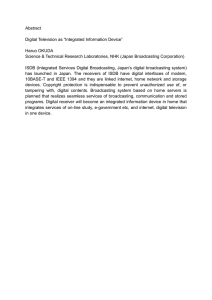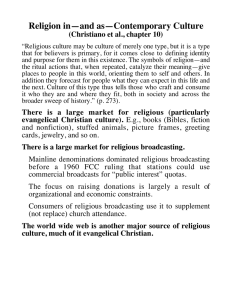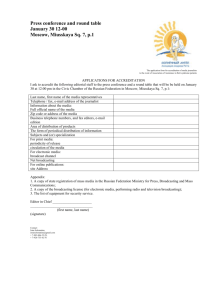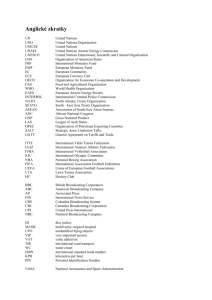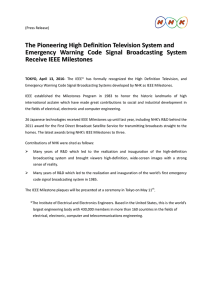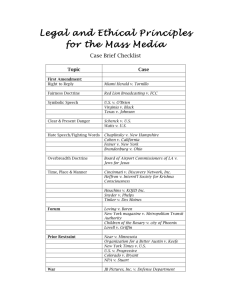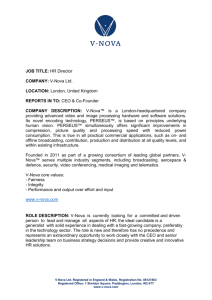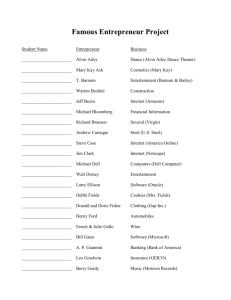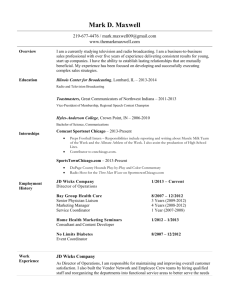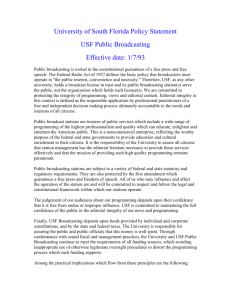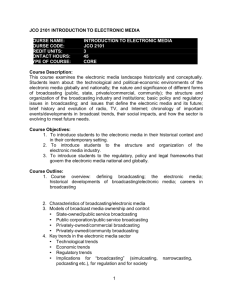Perspectives on the Media in Transition
advertisement
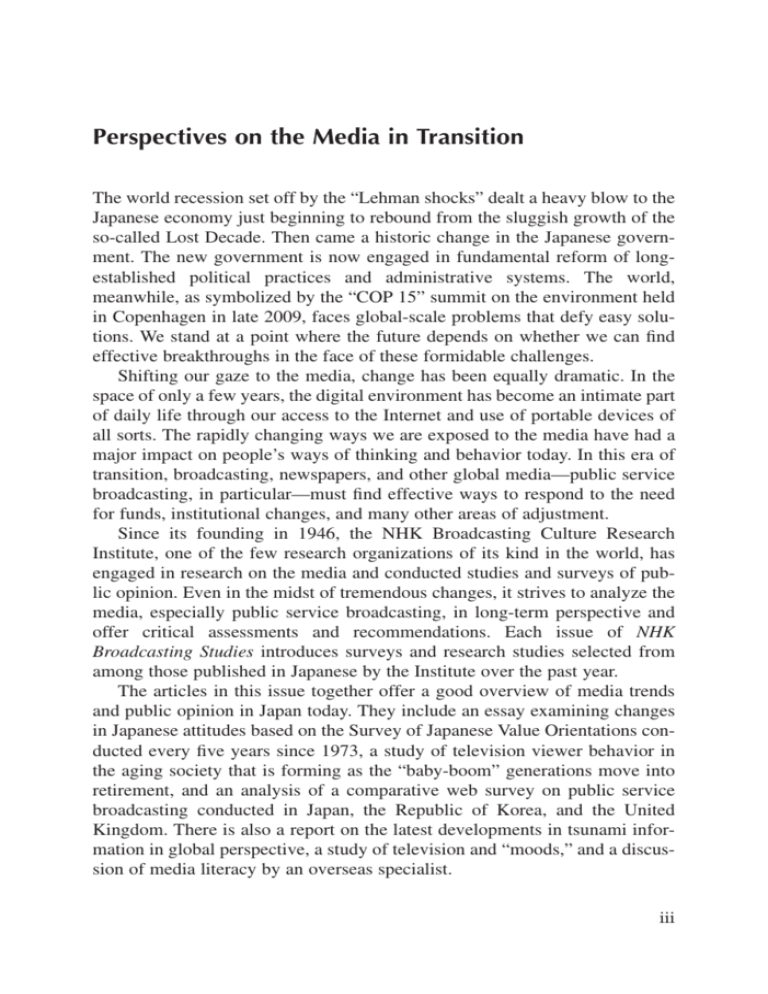
Perspectives on the Media in Transition The world recession set off by the “Lehman shocks” dealt a heavy blow to the Japanese economy just beginning to rebound from the sluggish growth of the so-called Lost Decade. Then came a historic change in the Japanese government. The new government is now engaged in fundamental reform of longestablished political practices and administrative systems. The world, meanwhile, as symbolized by the “COP 15” summit on the environment held in Copenhagen in late 2009, faces global-scale problems that defy easy solutions. We stand at a point where the future depends on whether we can find effective breakthroughs in the face of these formidable challenges. Shifting our gaze to the media, change has been equally dramatic. In the space of only a few years, the digital environment has become an intimate part of daily life through our access to the Internet and use of portable devices of all sorts. The rapidly changing ways we are exposed to the media have had a major impact on people’s ways of thinking and behavior today. In this era of transition, broadcasting, newspapers, and other global media—public service broadcasting, in particular—must find effective ways to respond to the need for funds, institutional changes, and many other areas of adjustment. Since its founding in 1946, the NHK Broadcasting Culture Research Institute, one of the few research organizations of its kind in the world, has engaged in research on the media and conducted studies and surveys of public opinion. Even in the midst of tremendous changes, it strives to analyze the media, especially public service broadcasting, in long-term perspective and offer critical assessments and recommendations. Each issue of NHK Broadcasting Studies introduces surveys and research studies selected from among those published in Japanese by the Institute over the past year. The articles in this issue together offer a good overview of media trends and public opinion in Japan today. They include an essay examining changes in Japanese attitudes based on the Survey of Japanese Value Orientations conducted every five years since 1973, a study of television viewer behavior in the aging society that is forming as the “baby-boom” generations move into retirement, and an analysis of a comparative web survey on public service broadcasting conducted in Japan, the Republic of Korea, and the United Kingdom. There is also a report on the latest developments in tsunami information in global perspective, a study of television and “moods,” and a discussion of media literacy by an overseas specialist. iii iv We hope that you will find this issue of interest and that you will share with us your views and suggest new themes for our research. IWASAWA Tadahiko Director-General NHK Broadcasting Culture Research Institute NHK BROADCASTING STUDIES 2010 No.8
